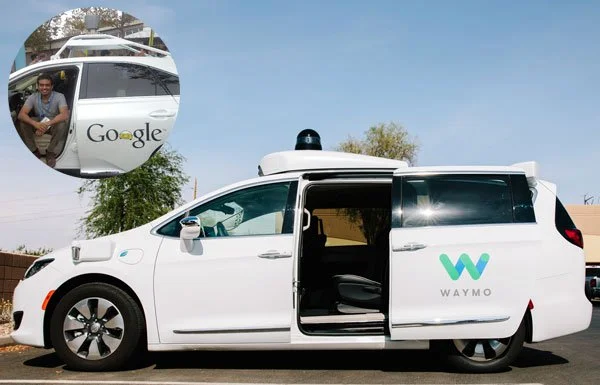When healthcare goes awry. From drugs to disruption
Recently I was at a healthcare facility in a semi-urban region - less than 100 miles from a major metro. It had a whiff of industry from good times that have long drifted by.
I tried to locate a Starbucks. Google Maps spotted one and took me towards the local university campus. As I drove there, I noticed several pain management clinics advertising themselves in unusual ways for "relief".
Once inside the facility, I asked the administrator what that was about.
"Oh, this region has all the street drugs," she said almost casually. "Until drug dispensing laws were tightened recently, some doctors offices dispensed opioids on demand. For cash."
"What do you mean?" I asked. Even though I knew what she meant.
"Well, just last week a doctor was convicted for prescribing excessive amounts of opioids to patients, including a pregnant woman. Patients paid cash and got the prescriptions they wanted. People who are addicted are desperate - they'll do anything. Who's to blame?"
As we walked around the facility, I noticed very few patients. She showed me various rooms - X-Ray, Mammography, MRI, physical therapy. Empty. Almost.
The facility wasn't new but it had an unused air about it. Physicians had left. New ones had joined. Then they left too - prompting the physician owner to come out of retirement.
I wanted to know why on a regular weekday there were so few patients.
She gave me a tangential answer. "The nurse/tech can't even get enough scans a year to keep up with her license."
"Why?" I persisted.
Then she gave me the whole story. "Well, the two big health systems here bought 95% of the independent practices in the region. So there's no one left to refer patients to private facilities. As the largest employers, the health systems mandate that their employees only see docs within their system. Doctors in this town are struggling to make ends meet. Whether they are employed or run a private practice, they are stuck. Mostly, we get Medicaid patients and they don't pay. Then there are patients who come looking for drugs. We don't do that here."
"Are there jobs going around?" I was curious.
"Well, there are a few but no one's willing to pay. They want to pay minimum wage. Like $10-12/hour!"
While seeing me off at the door, she said, "I don't know what's going to happen with us in two months. But it was nice to meet you."
When it all goes awry
It's one thing to read about the opioid crisis but quite another thing to see its effects play out live. When you add declining insurance payments and competitive gridlock created by dominant health systems to the mix, you've created a recipe for despair. One problem feeds off the other, spiraling an entire ecosystem to a new zone.
You can have good doctors but no patients. You can have needy patients but not paying ones. You can have paying patients but for the wrong reasons. And then you can have a BIG BROTHER who's happy to lock it all up.
To know the future, you don't really have to travel forward in time. You just need to look around the edges of trends (good or bad). Extreme examples always have a telling tale.
Whether we realize it or not, healthcare is going through a massive disruption. Big insurance and large health systems are no small forces. And we haven't even talked about technology or government mandates.
Doctors are busy seeing patients. Or they are busy trying to survive and make sense of what's being thrown their way. It's time to revisit why doctors got into medicine in the first place. To align themselves and cohesively shape what's to follow.
In the end, the future of healthcare will be what we make of it. Clearly, it's changing for good. With the right intentions and effort, we can also change it for the good.


